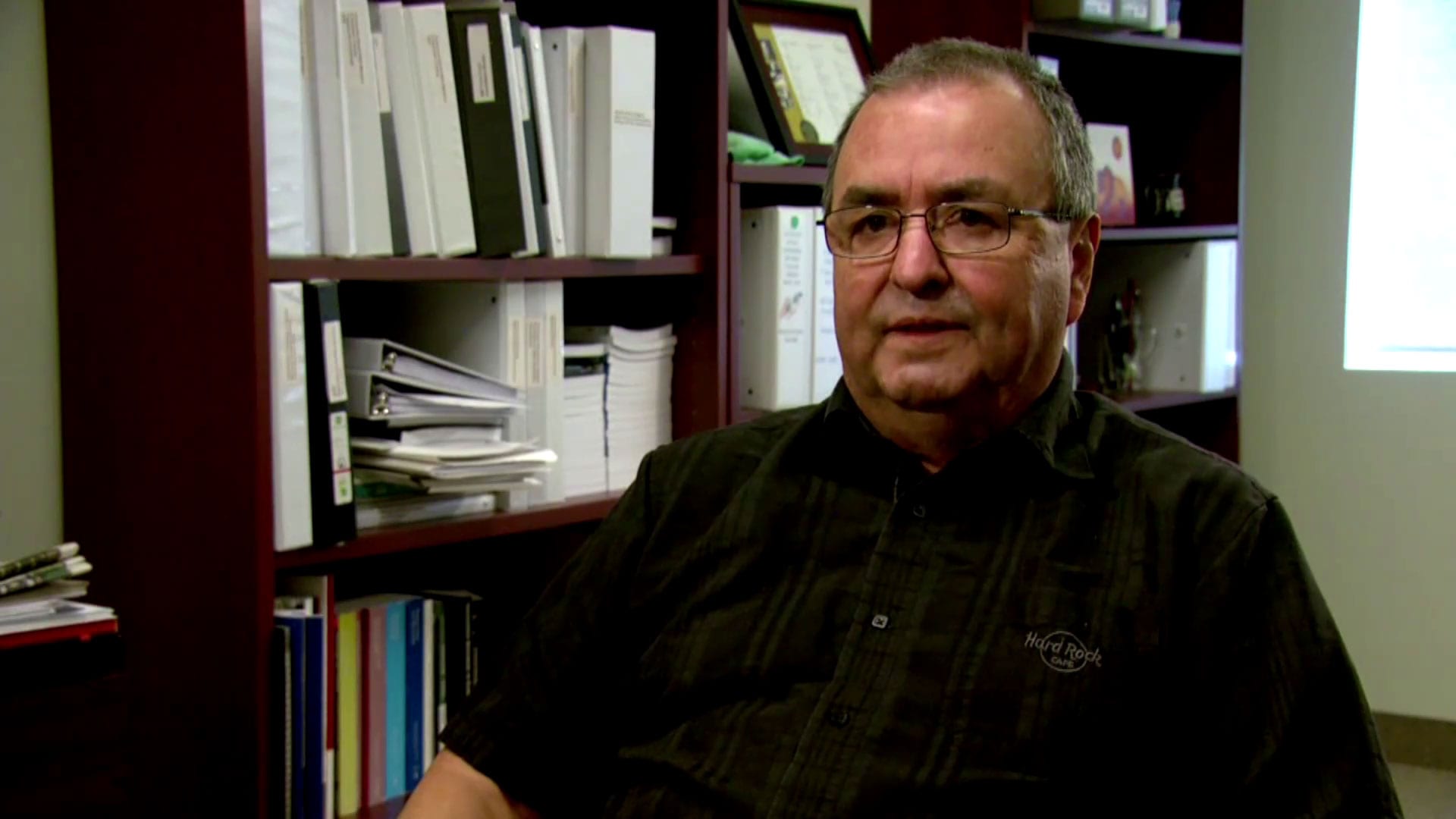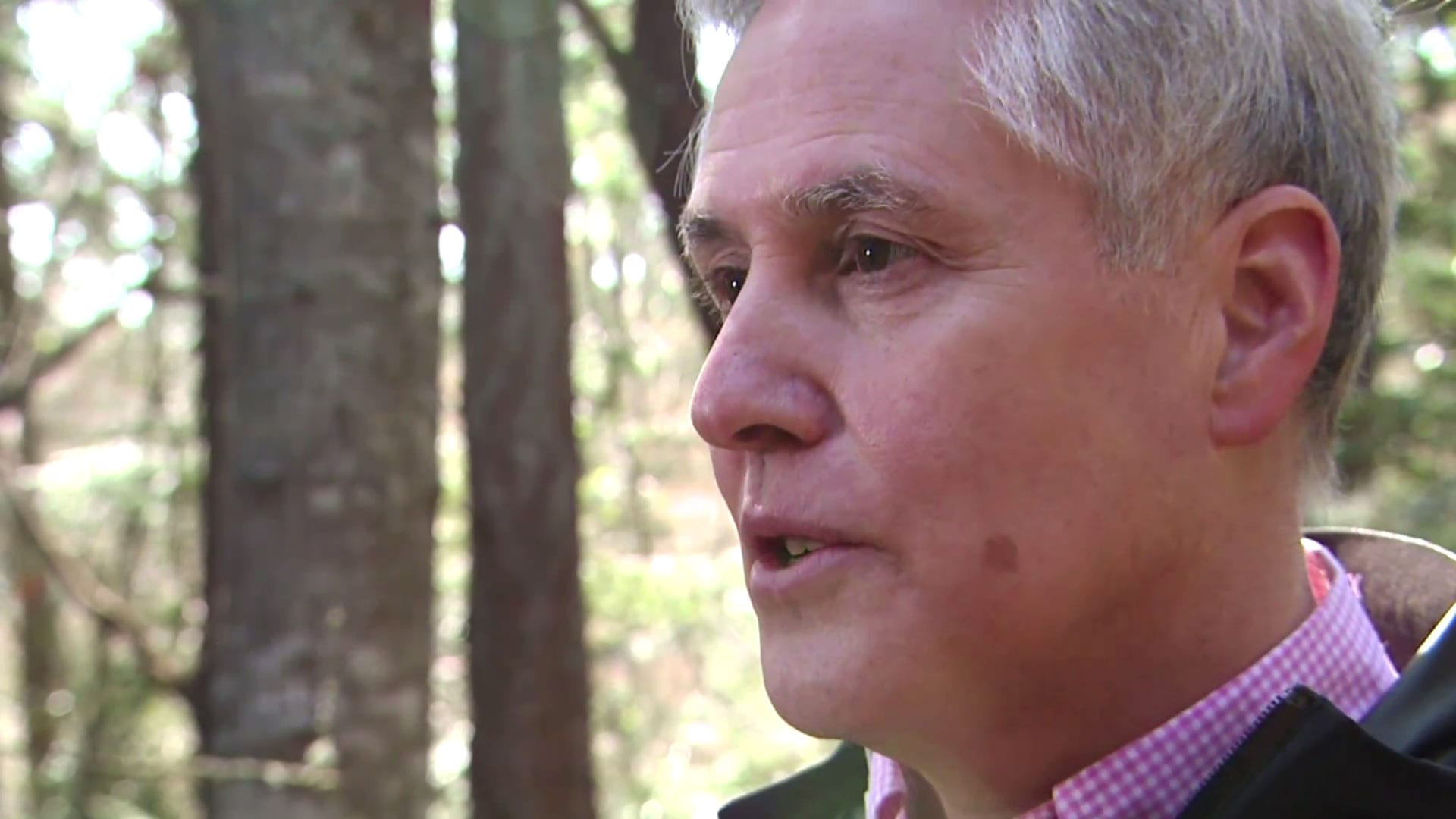Rob Louie hit rock bottom, found help and turned his drive to recover into a passion to help others who feel powerless.
He found inspiration during his recovery.
“It occurred to me as I looked around and saw my brothers and sisters,” Louie said. “Where do we go for help?”
He started a national non-profit organization to advocate for grassroots band members.
APTN Investigates: For Trust or Profit – Watch Part 1 here.
Louie is from the Ktunaxa First Nation, in the interior of British Columbia.
His late uncle, Wayne Louie, took their chief and council to court in 2009 over bonuses they paid to themselves.
His uncle won the case in 2015.
“That case is the leading authority on band council fiduciary duty in relation to band moneys,” Louie said.
A fiduciary duty means chief and council must put the best interest of band members before their own interests. It’s about trust.
Chief Terry Paul of Membertou First Nation in Nova Scotia, saw his community make headlines recently for its partnership in the purchase of Clearwater Seafood Brands.
“The buck stops with the chief and council,” he said. “The chief and council are responsible for what happens in the community.”
Paul has been chief for 37 years and credits his own and his community’s success to accountability and transparency.
“Everybody knows my number in the community and people can call me,” he said.
Chief Paul said they have open community meetings as well, but secrecy is sometimes needed.
“The business deal that we just did,” he said. “We had to sign nondisclosure agreements.”

The Clearwater Seafood deal was negotiated and finalized in secret before any public announcement.
The deal was a morale boost across Mi’kmaki after recent hostilities from non-Indigenous fishers and supporters over moderate livelihood fisheries.
For more on Mi’kmaw fishing rights see APTN News’ feature page, Mi’kmaw Fishing Rights.
Chief Paul said the business deal speaks to the value of good government.
“Without good governance you are not going to have good business,” he said. “So they both complement each other.”
John Paul leads the Atlantic Policy Congress. The APC advocates for East Coast First Nations.
He said if a community has policies in place, it gives community members more to work with when it comes to accountability, especially with business.
“Articulate a plan about how you’re going to be accountable for things that that business does on behalf of the community, especially if its a business wholly owned by the band,” he said.
Those business can create what are called own-source-revenues.
“Most communities use that own source revenue to enhance services in their own communities, to fill gaps in services not provided by the federal and provincial government,” Paul said.
But some communities don’t have own-source revenues or transparent policies.
Ministikwan Lake Cree Nation is about 350 km northwest of Saskatoon. They don’t have own-source revenues.
The lack of funding for infrastructure and services is apparent from boarded-up windows, abandoned houses, rough roads and the apparent absence of a civil service or government.
The band office is empty.
Watch For Trust or Profit Part 1:
For First Nations under the thumb of the Indian Act, where does justice come from?
Lisa Crookedneck is Rob Louie’s partner. They live together in Fort McMurray, Alberta.
She is from Ministikwan Lake Cree Nation and said transparency is a concern there.
“Nothings changing. Its been the same,” she said. “People have lost hope in our community.”
APTN reached out to the chief of the community by phone and email but we have not received any reply.
Crookedneck’s concerns are echoed in the many emails, phone calls and social media messages APTN Investigates receives almost daily.
And since Rob Louie started the Band Members Alliance and Advocacy Association of Canada (BMAAAC) he has received many similar concerns and complaints.
Not all concerns are legitimate, sometimes people just want to be heard, some are up to some sort of local political mischief. But there are still many band members who need an advocate.
Not having a place to turn for help is only part of the problem, it’s also about money.
“Typically the chief and council have all the resources,” said Louie. “And a band member doesn’t.”
BMAAAC is attempting to fill a gap in an imposed governing structure, the Indian Act. Something Professor John Borrows, the Canada Research Chair in Indigenous Law at the University of Victoria, said ignores what existed before European contact.

“The Indian Act really does strike at the heart of our traditional ways of sharing power,” Borrows said. “The governments wanted to control Indians, and so they did that by creating a hierarchal structure. And they put an Indian Agent in charge of that.”
Borrows said modern institutions of accountability can come from a First Nation’s traditional law, from Canadian law, or any combination of the two. The key is that it a is designed by that community.
“We could create dispute resolution structures, that is tribal courts or peacemaking courts, so that if there’s a disagreement within our community, we could go to our own processes, our principles, to get this done,” he said.
John Paul and the Assembly of First Nations have called for an Indigenous auditor general for years.
“An Indigenous auditor general would be much more sensitive to Indigenous values,” said Paul. “Way more than anybody from the outside trying to assess or measure the value of what we are doing in our communities.”
Although uncertain as to what shape or form it should take, many say Indigenous governments, particularly First Nations, need to be held accountable by an Indigenous authority or institution, not by another colonial creation.
But Louie said Indigenous people also need a place in mainstream institutions to keep moving forward.
“I’m a believer that you cannot operate on the outside looking in,” he said, “We need our people to be on the inside, whether it’s in the Liberal government, the Conservative government and particularly the judiciary.”











